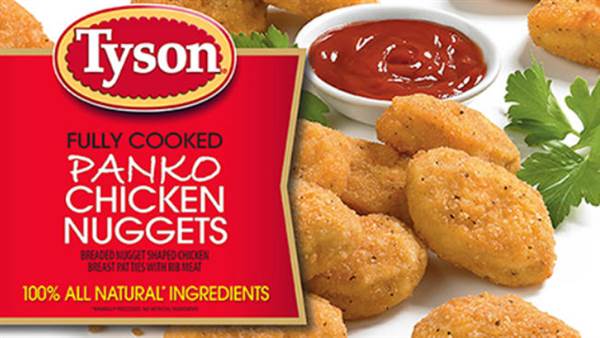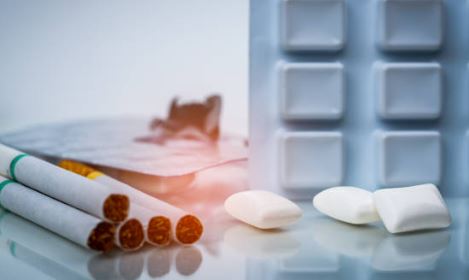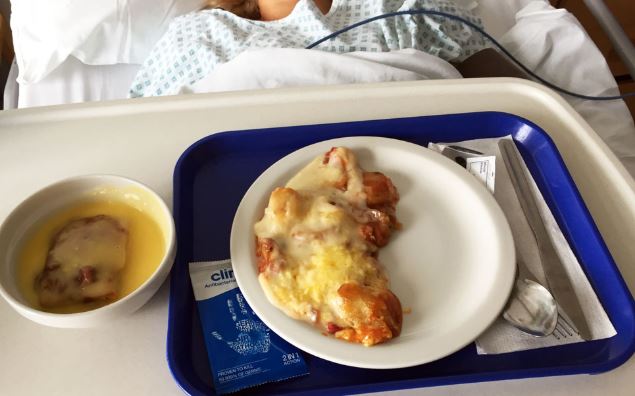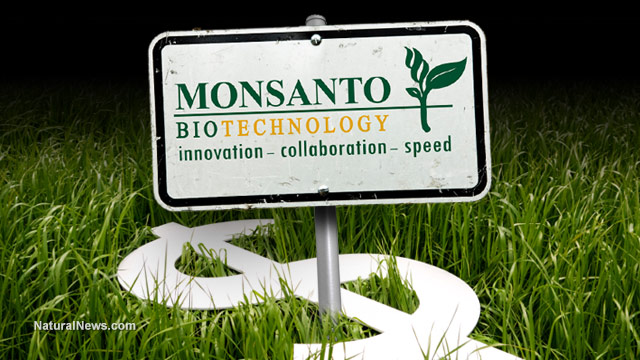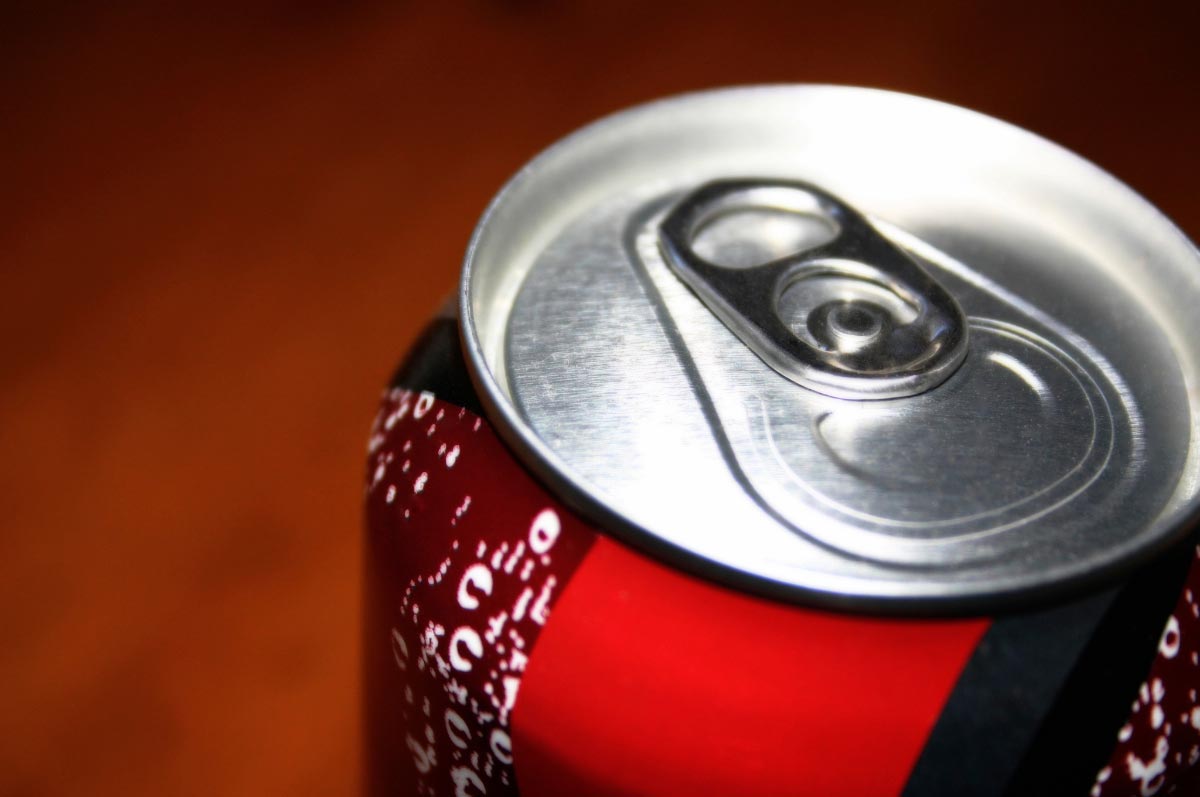
Don't judge a book by its cover. By the same token, don't judge a particular food by its label. Although many food items tout themselves as being “healthy," “low in calories,” and “organic,” many products are laced with hidden chemicals known to cause ill health. While it's not always easy to spot these ingredients, some background knowledge will help you identify which foods are healthy and which ones are not. The next time you go grocery shopping, make sure to avoid these charlatans in disguise:
1. Diet Sodas
Diet sodas seem like a healthier option because they are supposedly low in calories. People who want to watch their weights often choose diet sodas under the impression that they provide a healthier alternative to regular soda. Don't be deceived.
According to Stephanie Maxton, a senior dietitian in MD Andersons Medicine Centre, “People who drink diet sodas daily have a higher rate of obesity than those who don’t." This is because artificial sweeteners do not satisfy a sweet tooth; rather, they merely make people crave sweeter food. Readers may be surprised to know how far soda water with a splash of lime or lemon juice can go as a substitute for diet soda.
2. Soy cheese products
Soy cheese manufacturers claim that their cheese is healthy because it is made with soy, instead of milk. What they fail to mention is that soy cheese products contain casein, an ingredient found in milk protein. Casein is a compound which causes sinus congestion, constipation and even asthma. In short, soy cheese does not avoid the health problems attached to whole milk.
3. Diet Yogurts
Watch out for yogurts tagged as low in sugar or sugar-free. All of these yogurts contain the same dangerous artificial sweetener found in diet soda — aspartame (E951). Aspartame can cause people to lose track of their calorie intake, making them consume more calories in the long run.
4. Sausages and canned meat products
Almost all sausages and canned meat products contain vegetable oil made from soybean oil and canola oil. These oils are derived from genetically modified crops that have been laced with noxious herbicides. They've been linked to a host of ailments, including cancer, diabetes, obesity, heart attack and stroke.
5. Refined breakfast cereals
People consume refined breakfast cereals as a source of fiber. Nevertheless, cereal packets are as low in sugar as they are in nutritional value. In particular, refined breakfast cereals tend to be high in salt. Unprocessed cereal with oats are a much healthier way to start the day.
6. Microwave popcorns
Microwave popcorns contain fats and some dangerous compounds which can lead to Alzheimer’s disease. Diacetyl (DA) is a flavoring used in processed foods, including popcorn. Although diacetyl mirrors the taste of butter, it disrupts the normal functioning of the brain. Popcorn bags also contain chemicals which are carcinogenic when heated. It's best to make your own popcorn, which can be accomplished with corn seeds, a closed glass dish and a heated stove.
7. Sugar-free foods
Nearly all food companies are jumping at the opportunity to label their products "sugar-free." Regardless, sugar-free foods are loaded with chemicals that are just as dangerous as sugar, like Butylated hydroxyanisole, a preservative used in cosmetics. It is a carcinogenic compound present in nearly all sugar-free foods which have been linked to cancer.
8. Milk
Either drink fresh milk from a farm or don't drink it all. Supermarkets offer a myriad of milk products, from low fat to whole milk. Nevertheless, most milk contain the artificial sweetener aspartame. The chemical is no longer tracked by the FDA even though it can lead to nerve damage, stroke and seizures.
9. Chocolate
Chocolate is gift-wrapped in a shiny package, and tends to be marketed toward children. Although chocolate contains trace amounts of cocoa, it primarily consists of a cocktail of artificial chemicals, flavoring and colors. Loaded with fructose corn syrup, growth hormones and partially hydrogenated oils, among other carcinogenic compounds, consuming too much chocolate can lead to a one-way trip to the emergency room. Dark chocolate is to be preferred over other chocolates, since the former usually contains more natural cocoa than the latter.
10. Bacon and other processed foods
Declaring “Everyone loves bacon” is the equivalent to saying that “Everyone loves cancer.” Sodium nitrate monosodium glutamate (MSG) is a cancer-causing agent found in bacon. According to a 2005 study by the University of Hawaii, people who regularly consume bacon or other processed meats are 70 percent more at risk for pancreatic and colorectal cancer.
Foods laced with hidden toxic ingredients lurk around every corner. They can be found at your supermarket, gas station and liquor store. It can often be difficult to recognize what is healthy versus what's not, to separate the sheep from the goats. Fortunately, with this list at hand, you will be able to call a “healthy” food item's bluff with an intense, scrutinizing stare.
Sources:
InstituteForNaturalHealing.com
Please contact us for more information.












